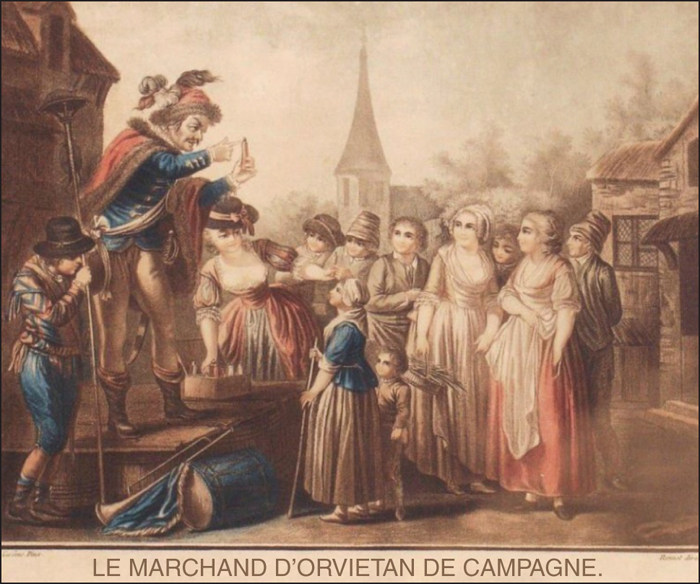Médecine
MENUHistory of the ethical ban of « médecine foraine » Volume 16, issue 5, Mai 2020
- Key words: history of medicine, ethics, professional, mobile health units
- DOI : 10.1684/med.2020.556
- Page(s) : 237-40
- Published in: 2020
Already used when the Ordre national des médecins was created in 1947, « médecine foraine » is an expression still present today in the french medical code of ethics. This historical research is interested in the origin of this expression and the reasons for its prohibition. The word « foraine » refers to the fairs and markets in which the charlatans worked. The medical press of the 19th and beginning of the 20th century relayed the denunciation of itinerant practicing worthy of charlatans. Some of their colleagues carried out real medical tours. The lack of quality of care, the lack of follow-up and unfair competition motivated this denunciation. This resulted in the prohibition of such an exercise in the code of ethics. In 2012, a decree eased this ban to allow doctors to practice in mobile units in areas where there was a shortage of care. The expression fairground medicine remains however official (article 74 of the code of medical ethics).



